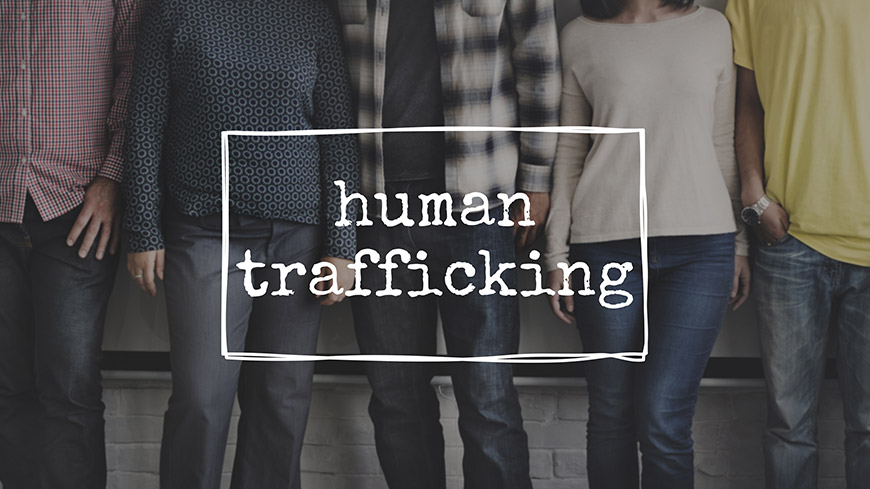On the occaision of European Anti-Trafficking Day, tihe Council of Europe’s Group of Experts on Action against Trafficking in Human Beings (GRETA) has stressed the urgency of tackling the growing menace of trafficking for the purpose of labour exploitation.
Helga Gayer, President of GRETA, said: “Human trafficking for the purpose of labour exploitation has been on the rise across Council of Europe member states, affecting an increasing number of men, women and children. It occurs in all economic sectors, including domestic work, unregulated sectors and the informal economy."
“The Council of Europe has put in place comprehensive standards to help states tackle human trafficking, and these have recently been further strengthened through the adoption of a new Committee of Ministers recommendation with a specific focus on trafficking for labour exploitation.”
GRETA’s monitoring reports show that trafficking for labour exploitation has become the main form of human trafficking in a growing number of European states, accounting for over 50% of identified victims in countries including Belgium, Latvia, Malta, the Republic of Moldova, Portugal and the United Kingdom.
Poverty, unemployment and a growing informal economy, together with a demand for cheap labour and services, are factors that lead to labour trafficking. The Covid-19 pandemic and Russia’s aggression against Ukraine have increased vulnerabilities to human trafficking. More and more victims are recruited via social media, and the use of information and communication technology poses additional challenges to the investigation and prosecution of human trafficking cases, as highlighted in a recently-published thematic report by GRETA.
The new recommendation from the Council of Europe’s Committee of Ministers calls on member states to adopt national laws, policies and strategies to tackle trafficking for labour exploitation.
Its explanatory memorandum contains a comprehensive package of measures, covering labour market regulation and inspections, the identification of victims, their access to effective remedies, and the punishment of those responsible for human trafficking offences. Particular attention is paid to the role of businesses and their duty to ensure that their operations and supply chains are free of exploitative practices, include trafficking in human beings.
The recommendation draws on GRETA’s monitoring work, compendium of good practices and guidance note on combating labour trafficking, as well as on the case-law of the European Court of Human Rights and the European Social Charter.



